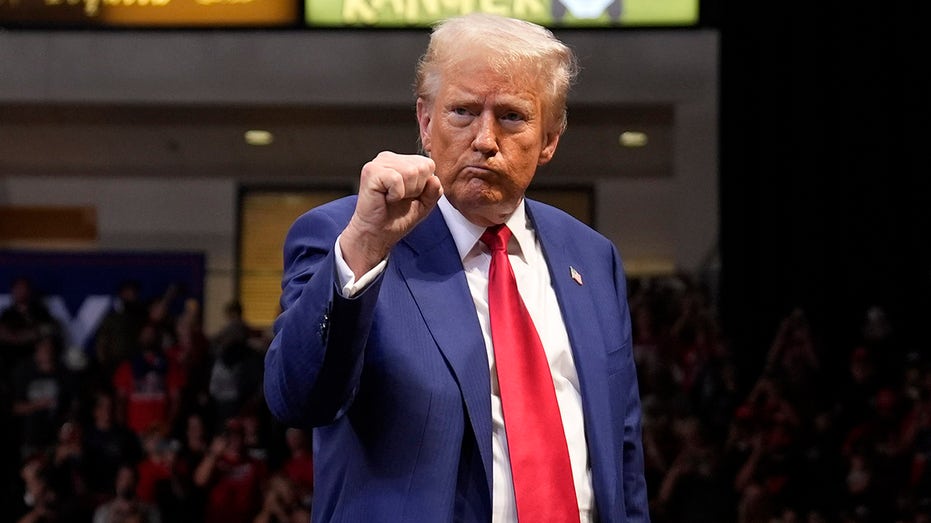US strengthens sanctions on Russian oil
The US Treasury updated recommendations for capping Russian oil prices, but the impact on the effectiveness of these sanctions remains uncertain. The post US strengthens sanctions on Russian oil appeared first on Euromaidan Press.

According to the US Treasury, the US has tightened sanctions on Russian oil, enforcing stricter price ceiling mechanisms, effective from 19 February 2024.
“Today’s designations demonstrate our commitment to upholding the principles of the price cap policy, which advance the goals of supporting stable energy markets while reducing Russian revenues to fund its war against Ukraine,” said Deputy Secretary of the Treasury Wally Adeyemo.
In February 2023, the G7 countries, the European Union, and Australia set a price cap on Russian oil at $60 per barrel. The mechanism was intended to work thanks to the dominance of companies from these countries in shipping freight and marine insurance markets.
Contracts for these services should specify the price of the oil being transported; if the price is above the ceiling, insurers and shipowners should refuse service to Russian oil exporters unless they want to face penalties for violating sanctions.
In practice, the price cap has not worked as intended: Russia started exporting oil on tankers owned by companies based outside the sanctioning countries and found alternative insurers. These are just some of the ways Russia is circumventing sanctions. According to estimates from the Kyiv School of Economics, over 99% of Russian oil exported by sea was sold at a price higher than $60 per barrel in October.
The Russian budget 2024, in which over 30% of expenditures are allotted to the war in Ukraine, is based on a price of $71.3 per barrel for the Russian oil grade.
In a new version of recommendations, the US Treasury sets timelines for obtaining price certificates at each loading and unloading point of Russian oil and petroleum products, and requires companies to document all associated costs.
The US has also sanctioned three commodity traders accused of helping Moscow circumvent the price cap. Two are registered in Hong Kong (Bellatrix Energy Limited and Covart Energy Limited), and the third is in the UAE (Voliton DMCC). The Treasury lists ships chartered or owned by these companies.
In addition, the US sanctioned SUN Ship Management D Ltd, registered in the Emirates, which the American authorities determined is owned by Russian state-owned Sovcomflot and manages its ships.
Read more:
- Reuters: US treasury officials to visit Europe to discuss Russian oil price cap enforcement
- Bloomberg: Russia’s oil export income surges despite sanctions, fueling war effort
- US imposes sanctions on companies and vessels ignoring price limits on Russian oil
You could close this page. Or you could join our community and help us produce more materials like this.
We keep our reporting open and accessible to everyone because we believe in the power of free information. This is why our small, cost-effective team depends on the support of readers like you to bring deliver timely news, quality analysis, and on-the-ground reports about Russia's war against Ukraine and Ukraine's struggle to build a democratic society.
A little bit goes a long way: for as little as the cost of one cup of coffee a month, you can help build bridges between Ukraine and the rest of the world, plus become a co-creator and vote for topics we should cover next. Become a patron or see other ways to support.
The post US strengthens sanctions on Russian oil appeared first on Euromaidan Press.



